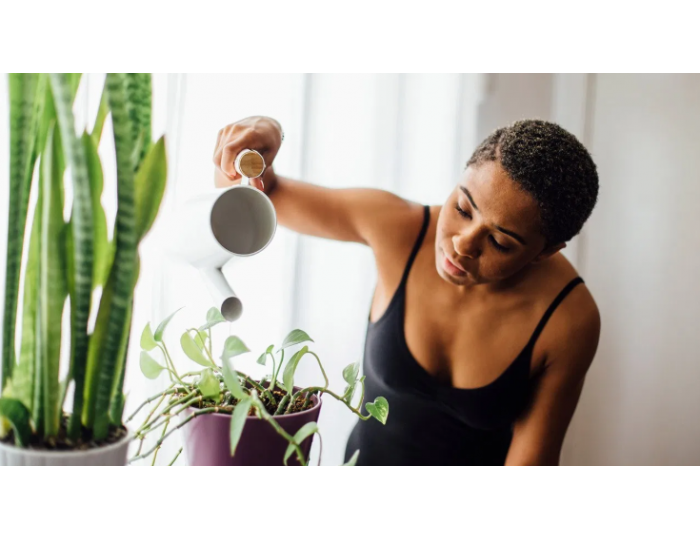Changes to Your Daily Routine During COVID-19 Can Make You Happier

- Research has found a link between new and diverse experiences and how happy we feel.
- People who had more variety in their daily routine reported feeling happier.
- They also had a stronger connection between areas of the brain called the hippocampus and the striatum.
- The researchers acknowledge that it can be difficult to seek out new experiences while we’re under lockdown due to the COVID-19 pandemic.
- However, they say it may be possible to achieve the same benefits in ways that are compatible with physical distancing.
A
“Our work suggests that experiencing new and diverse experiences on a daily basis is linked to positive emotions,” said study co-author Aaron Heller, PhD, assistant professor of psychology at the University of Wisconsin, Madison.
“We feel happier when we have variety in our daily routines and, in turn, we are more likely to seek out novel experiences when we are in a more positive mood,” he said.
However, the authors acknowledge that it can be difficult to put this information into action during the COVID-19 pandemic, when people may be staying home most of the time.
What can we learn from this study that will help us cope with the isolation of physical distancing, and to feel more upbeat about our circumstances?
Even though it may be more difficult to put these findings to use while physical distancing is going on, Hartley says it’s still possible to create diversity in our experiences.
“Exploring could mean taking a new path when we go for a walk, or introducing variety in what you read or watch, or who you’re in touch with today,” she suggested.
“While our study examined benefits associated with novel experiences linked to physical locations, our work suggests that exposing yourself to sights, sounds, and experiences that you haven’t had recently might similarly be rewarding,” Hartley said.
James M. Hyman, PhD, assistant professor of psychology at the University of Nevada, Las Vegas, who wasn’t involved in the study, agrees with Hartley.
“There are plenty of reasons to think that other types of novelty might also have similar effects. So, read new books, watch new shows, listen to new music, challenge yourself to learn, and do new things,” Hyman told Healthline.
“We know the more you do these things day in and day out, your hippocampus and ventral striatum should become more strongly connected, and as a bonus you’ll feel happier. We are in a time of unprecedented challenges with the COVID-19 pandemic, but in some ways, this is the best time for trying new things,” Hyman further explained.
“Many are not able to work or go to school or really to engage in any of their usual activities. This presents us with a great opportunity to experience novel things,” he continued.
“Get out and walk to new places in your neighborhood. Drive and hike on new paths. Explore,” Hyman said.
Research suggests that new and diverse experiences can lead to greater happiness.
However, during a pandemic, when we’re practicing physical distancing and remaining home much of the time, it can be difficult to move around and seek out new experiences.
Experts say, though, that there may be other ways we can achieve the same benefits of unique and varied experiences.
They suggest that we do new things, whether that means getting out and going to a new place or remaining at home and trying something you’ve never done before.
Breaking out of your usual routine, whether that involves a physical change of location or a mental one, can create novelty and enhance the brain circuitry that links new experiences with feelings of happiness.
